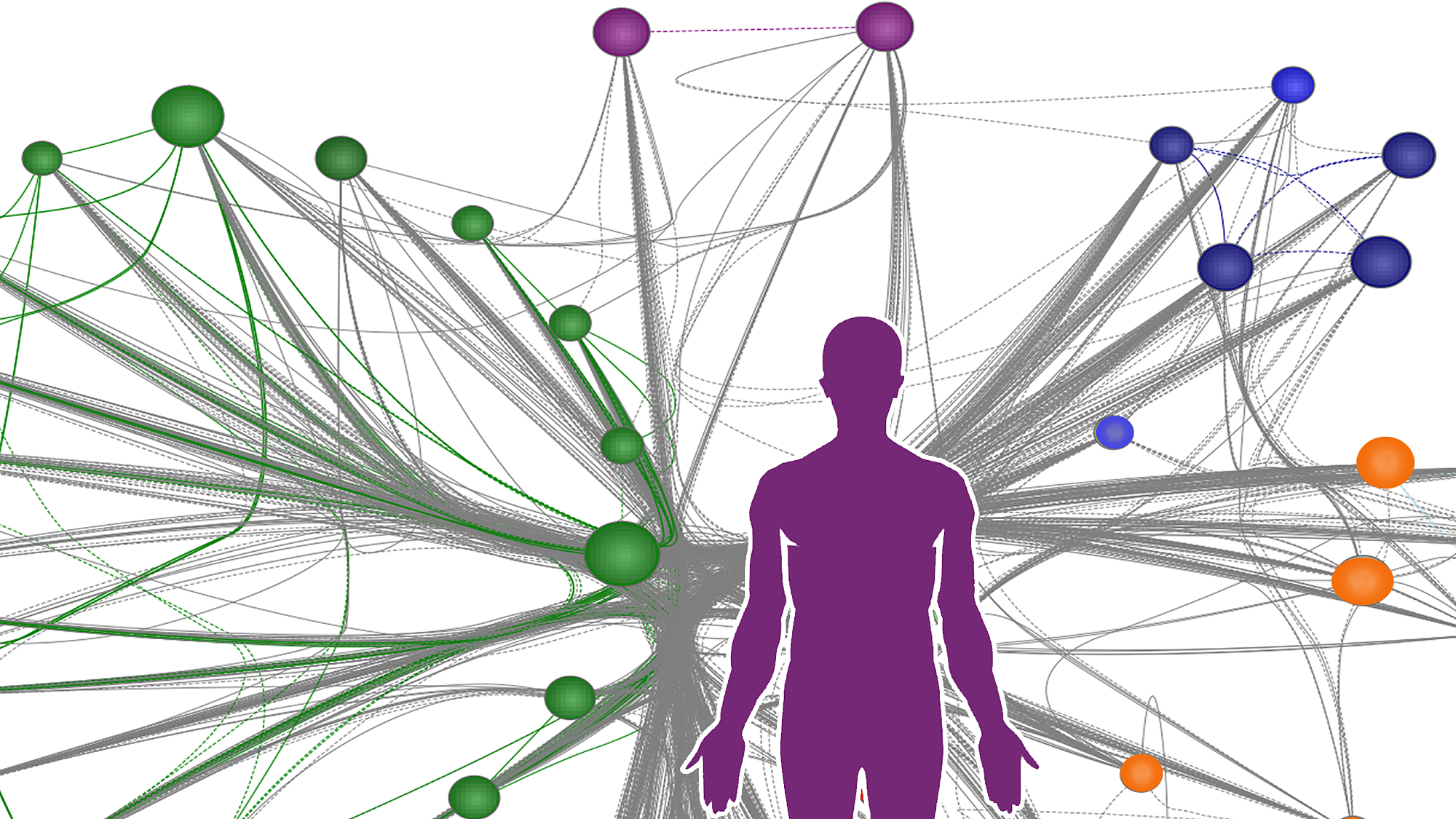

Research Labs
CURRENT RESEARCH LABS
Butler Lab
The research in our lab is focused on sociotechnical questions tackling complex problems in Biomedical Informatics. Trained originally as a Behavioral Scientist I am interested in clinical decision making, and informatics implementation (including of Augmented Intelligence-enabled and Artificial Intelligence solutions) and the relational and contextual factors associated with patient centered care, age-friendly care, shared decision making. Trained in team science since graduate school, I am committed to collaboration and mentorship.

Clement Lab
Dr. Kendell Clement is an assistant professor in the Department of Biomedical Informatics at the University of Utah. He earned a BS in Computer Science and Bioinformatics from Brigham Young University and completed a PhD in Medical Engineering from MIT and Harvard, focusing on epigenetic changes in development and disease, particularly the dysregulation of DNA methylation in blood cancers. He conducted postdoctoral research at Massachusetts General Hospital, where he developed software for analyzing genome editing experiments and collaborated on the creation of next-generation genome editing tools, including base editors. Currently, his group is dedicated to developing new computational tools and utilizing cutting-edge experimental technologies to explore the genetics and epigenetics of disease initiation.

Eilbeck Lab
Much biological data is semantic, making it a difficult substrate for computation. My research interests are centered on organizing biological data in ways that make it more amenable to computation. I am particularly interested in the development of ontologies that describe biological knowledge and provide a means for detailed analysis of associated data.

Ilardo Lab
The Ilardo lab explores evolution in adapted human populations from genetic and physiological perspectives. By understanding and replicating the biology of these unique populations, we can leverage the power of natural selection to improve the wellness of all.

Lussier Group
Our group conducts hypothesis-driven translational research in biomedical informatics that focuses on the use of big clinical or genomic data, knowledge technologies, and networks to accurately personalize our understanding of the pathology, progression, and treatment for diseases.
